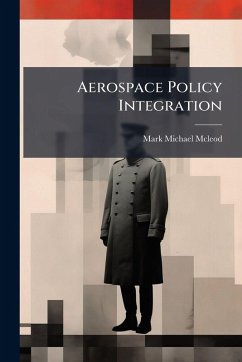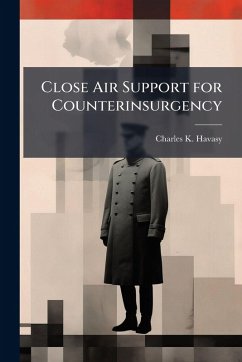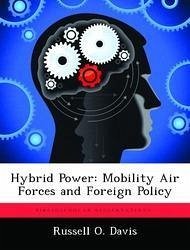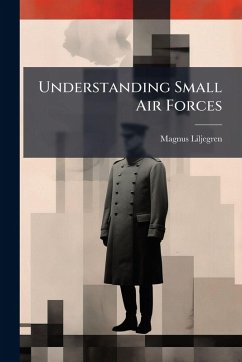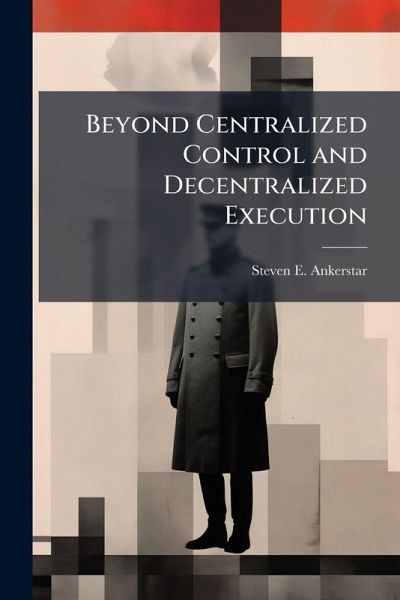
Beyond Centralized Control and Decentralized Execution
Versandkostenfrei!
Versandfertig in über 4 Wochen
15,99 €
inkl. MwSt.
Weitere Ausgaben:

PAYBACK Punkte
8 °P sammeln!
The purpose of this thesis is to analyze the role of centralized execution in air power doctrine. However, research showed that the problem was much deeper than merely a shift toward centralized execution. The problem is in the use of the term "centralized execution" itself. This term is not clearly defined in doctrine and its sister term, decentralized execution, is incorrectly defined. These terms should really describe the level of control exercised by senior leaders over tactical operations. True centralized execution--using technology to literally execute tactical events from afar--presen...
The purpose of this thesis is to analyze the role of centralized execution in air power doctrine. However, research showed that the problem was much deeper than merely a shift toward centralized execution. The problem is in the use of the term "centralized execution" itself. This term is not clearly defined in doctrine and its sister term, decentralized execution, is incorrectly defined. These terms should really describe the level of control exercised by senior leaders over tactical operations. True centralized execution--using technology to literally execute tactical events from afar--presents its own set of problems. Doctrine needs to be clarified to remove this confusion. This discussion over what some would refer to as "simple semantics" is grounded in the strategic objectives sought when employing air power. The Joint Force Air Component Commander (JFACC) is responsible for employing air power to achieve strategic effectiveness. Therefore, the trend toward close control (incorrectly referred to as centralized execution) stems from the desire and ability to control the strategic effects created by tactical operations. Air Force leaders seem to fully understand this, but tactical operators do not. Both doctrine and training emphasize tactical efficiency, duping war fighters into believing that tactical efficiency is critical to strategic effectiveness. In reality, history proves that often this is not the case. My research demonstrates that the Air Force needs to abandon the terminology in its master tenet of air power. Future JFACCs will determine the appropriate level of control required in their situation, and operators should not be surprised if the JFACC chooses close control. It is time for the Air Force to move beyond centralized control and decentralized execution to a deeper understanding of the contextual factors leading senior leaders to actively involve themselves into tactical operations. This work has been selected by scholars as being culturally important, and is part of the knowledge base of civilization as we know it. This work was reproduced from the original artifact, and remains as true to the original work as possible. Therefore, you will see the original copyright references, library stamps (as most of these works have been housed in our most important libraries around the world), and other notations in the work. This work is in the public domain in the United States of America, and possibly other nations. Within the United States, you may freely copy and distribute this work, as no entity (individual or corporate) has a copyright on the body of the work. As a reproduction of a historical artifact, this work may contain missing or blurred pages, poor pictures, errant marks, etc. Scholars believe, and we concur, that this work is important enough to be preserved, reproduced, and made generally available to the public. We appreciate your support of the preservation process, and thank you for being an important part of keeping this knowledge alive and relevant.




